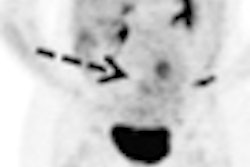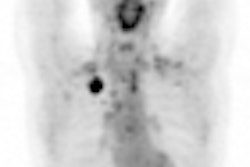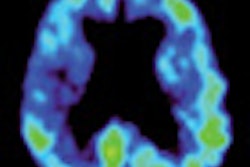Bariatric surgery patients may not need stress testing with myocardial perfusion imaging (MPI) during preoperative workup, according to a study published online July 15 in the Journal of Nuclear Cardiology.
Researchers at Rhode Island Hospital suggest that this patient population is at very low risk for cardiovascular events, so routine preoperative stress testing with MPI to detect coronary artery disease (CAD) may be unlikely to affect outcome.
Lead study author Dr. James Arrighi, a cardiologist at Rhode Island Hospital, and colleagues noted that more than two-thirds of the adult population in the U.S. is overweight, with approximately half of those adults considered obese. Bariatric surgery has been found to be safe and effective in reducing some of the complications associated with obesity.
Prior to surgery, many bariatric surgery candidates are screened for cardiovascular disease because of the high prevalence of coronary artery disease risk factors in this population. For this study, Arrighi and colleagues evaluated 383 consecutive stress MPI studies performed on patients undergoing workup prior to planned bariatric surgery (J Nucl Cardiol, July 15, 2011).
The patients had a mean age of 42 ± 10 years and a mean body mass index of 49 ± 8. The majority of patients were female (83%).
The study team found that that 67% of patients underwent stress-only imaging, despite the fact that overweight patients are often difficult to image. In addition, the incidence of abnormal MPI studies was low and associated with a very low incidence of death or cardiac events at one-year follow-up, according to the authors.
The incidence of death from all causes or incidence of coronary revascularization was less than 1%, and there were no myocardial infarctions, they noted. Perioperative cardiovascular events were also extremely low, despite the high prevalence of risk factors for coronary artery disease.
Overall SPECT MPI findings were normal in 89% and equivocal in 6% of the patients, according to the group. The incidence of abnormal findings on MPI was only 5%.
"The results of our study suggest that this patient population is actually at very low risk for cardiovascular events, and if this is indeed the case, the routine preoperative stress testing with MPI for the detection of CAD may be unlikely to affect outcome," Arrighi and colleagues wrote. "Additional studies are needed, however, to determine how higher-risk patients should be selected for preoperative noninvasive risk stratification."




















